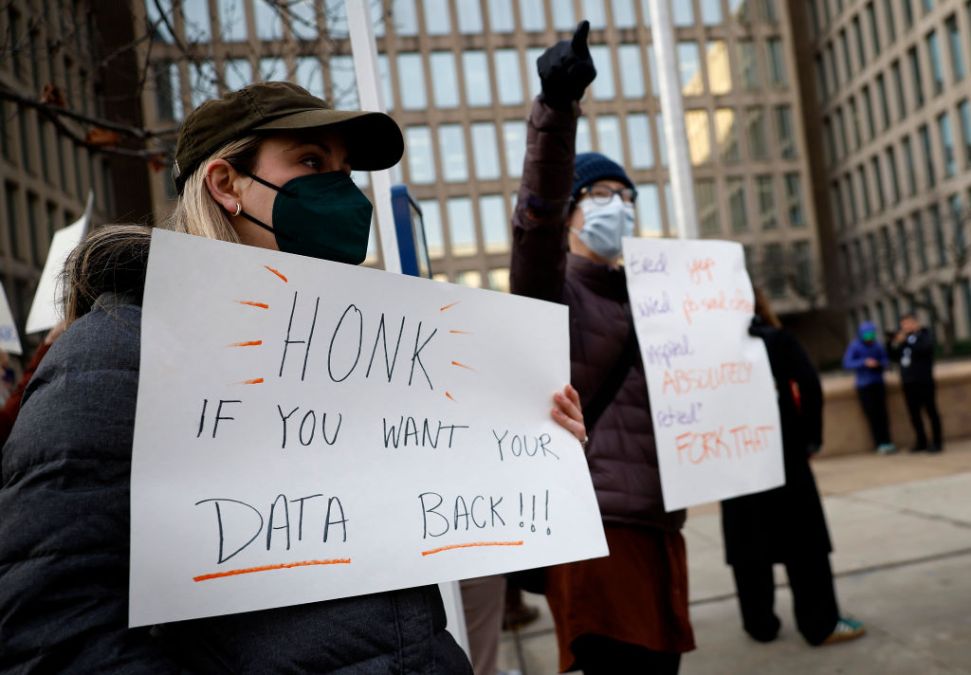Federal judge blocks DOGE access to sensitive Education Department, OPM information

A federal judge on Monday blocked the Department of Government Efficiency’s access to personally identifiable information (PII) at the Department of Education and the Office of Personnel Management.
Judge Deborah Boardman of the U.S. District Court for the District of Maryland put in place a temporary restraining order that prevents Education from giving DOGE representatives access to records that contain the PII of those who apply for or receive federal student aid.
Additionally, the order stops OPM from disclosing PII to “any OPM employee working principally on the DOGE agenda who has been granted access to OPM records for the principal purpose of implementing the DOGE agenda,” other than OPM Chief Information Officer Greg Hogan
The judge denied a temporary restraining order against the Treasury Department, ruling that the plaintiffs — the American Federation of Teachers, the International Association of Machinists and Aerospace Workers, the International Federation of Professional and Technical Engineers, National Active and Retired Federal Employees and the National Federation of Federal Employees — did not demonstrate irreparable harm. Last week, a different federal judge extended a temporary restraining order to bar DOGE access to Treasury payment records, system and data.
With regard to their claims against the Education Department and OPM, Boardman stated that the plaintiffs have a privacy interest in ensuring that access to personal information is restricted to government employees who are “properly authorized to access it.”
“To say that the plaintiffs suffer no cognizable injury when their personal information is improperly disclosed to government employees would nullify their interest in preventing unlawful government intrusion into their private affairs,” the judge wrote.
Boardman agreed with the plaintiffs’ claims that Education and OPM violated the Privacy Act of 1974 “by disclosing their personal information to DOGE affiliates without their consent.”
The Trump administration had argued that DOGE affiliates, specifically at Education, needed access to that information in order to assist in a department-wide auditing of contract, grants and related programs for waste, fraud and abuse.
Adam Ramada, an employee of the rebranded U.S. DOGE Service, said in a supplemental declaration in response to a lawsuit filed by the University of California Student Association that there are six total employees at Education, including himself, who are helping advance President Donald Trump’s executive order on DOGE’s “workforce optimization initiative.”
Ramada wrote that he and his five colleagues are employed by the federal government and have received appropriate IT training to handle DOGE’s work with Education. He also stated that the “relevant employees have thus far not accessed any tax-related information” but “they will do so in the future only with appropriate authorization for purposes consistent with applicable law, such as conducting analyses to estimate costs related to student loan repayment plans, awards or debt discharges.”
He continued: “In addition, I help senior department leadership obtain access to accurate data and data analytics to inform their policy decisions at the department.”
But Boardman stated in her ruling that neither Ramada nor the government adequately explained why he and DOGE affiliates at Education would need access to plaintiffs’ records to audit student loan programs.
The temporary restraining order for Education and OPM will last until March 10 at 8 a.m.
The order from Boardman follows a flurry of legal action taken against the DOGE over the group’s access to the personal information of the public.






